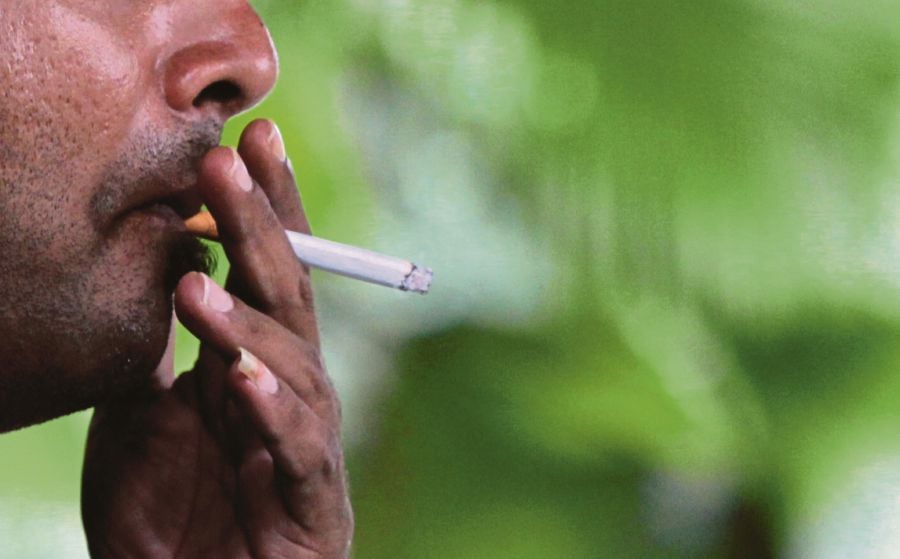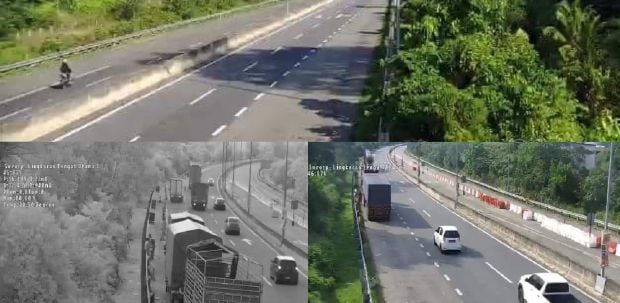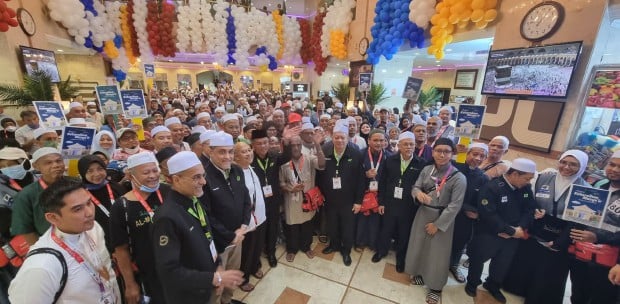EDUCATING the public, changing the mindset and raising civic consciousness are not exactly classroom subjects that can change bad habits.
It is a curse when a society looks at the world as a dustbin with no conscience or remorse and takes to littering as a norm, leaving the clearing of the mess insensitively and without guilt to others who are paid to do the job.
When it is not a culture, enforcement of by-laws to stop the bad habits may be the best solution to check the problem from becoming virulent, and it has to start at school with strong support from parents at home.
Japan and South Korea are the best examples of the highest degree of civic consciousness, with layers upon layers of generations paying attention to hygiene and cleanliness that has become a culture — for them, littering is a sin.
But here, despite numerous campaigns, concerns on littering only prevail during campaigns; once they are over, the awareness is forgotten until the next incident, and the cycle begins again. There are many signages that warn about littering and smoking at public places, but they are of little use. Even with the penalties spelt out, they fall on deaf ears. We cannot blame the authorities because they cannot be everywhere to nab the litter bugs.
The Terengganu government may have found the cure, but only time can tell how effective drones can be in all eight districts. The drones were primarily intended to monitor projects approved by the state Economic Planning Unit.
It now has RM60,000 worth of drones at the disposal of the local authorities. Apart from their primary task of monitoring the progress of projects, the drones will also be used to monitor public parks with the intention of imposing fines as spelt out under by-laws.
The eyes in the sky are to be shared with other departments, including the Land and Mines Department and Drainage and Irrigation Department. The drones can also be used to monitor traffic flow and illegal occupation of state land.
The use of the drones is limitless and the accuracy of the information is assured, allowing enforcement units to react quickly either to nab litterbugs, clear clogged drains, remove obstacles that obstruct traffic flow, identify potholes and capture vandals red-handed.
The use of the drones complements the closed-circuit televisions cameras that are in place at strategic locations in town centres in all districts. The drones are an extension of the surveillance capabilities of the local authorities.
Although the battery for the drones last about 45 minutes, it is sufficient time for the silent flight and high-resolution cameras to pick up all the necessary details for the authorities to act on.
With smoking prohibited at public areas and recreational parks, the drones can be useful in detecting offenders over a wide area before mobilising enforcement units to apprehend culprits.
The drones can also be used to monitor contractors given landscaping jobs or garbage collection to ensure they keep to the schedule.
It is learnt that the officers who are tasked to manoeuvre the drones have undergone training once. That one-day training may have provided them with the basics, but to be proficient, they have to master it or risk losing an RM8,000 equipment.
The move to use drones by the local authorities could have been inspired by the use of similar equipment by the state Forestry Department in its effort to check illegal logging in forest reserves.
The department has been using a drone since last year as a move to offset the shortage of manpower and to provide the enforcement unit with precise information before mounting raids at illegal logging sites.
With just one drone, the department’s 10-men enforcement unit has achieved considerable success, including arrests of illegal loggers and seizures of logs as well as logging equipment. And the department’s drone is equipped with an infrared camera to detect activities in the jungle at night.
Unfortunately, the enforcement unit has to monitor forests in eight districts. Although their successes have not always been easy, they made friends among village folk and community leaders who share similar concerns on the impact of illegal logging.
It is hoped that the local authorities will put the drones to good use to keep their towns safe and clean and effectively enforce by-laws to teach civic consciousness and good habits to members of the public.
Rosli Zakaria is NST's Specialist Writer based in Terengganu. He is an environmentalist and enjoys capturing the beauty of flora and fauna in their fragile environment. He draws his inspiration from cross country drives on and off-road adventures






